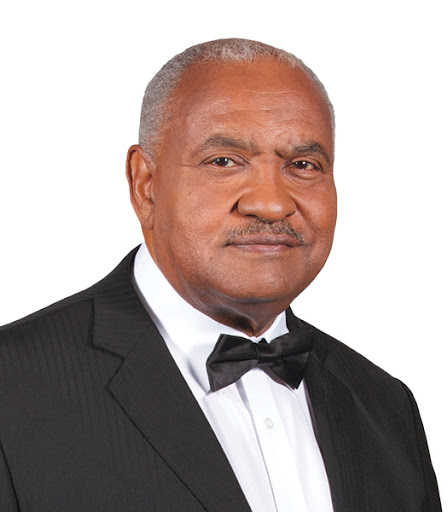The Role of the African American Community in California’s Redistricting Process
By Dr. John E. Warren | NNPA

Dr. John E. Warren, Publisher & Chairman of the Board, National Newspaper Publishers Assoc.
As California enters the complex battle of redistricting for the U.S. House of Representatives, the spotlight is firmly placed on Proposition 50. This proposition, designed to put redistricting on the upcoming November ballot, has sparked varied responses from both supporters and opponents. The moment it was signed into legislation by the Governor, a frenzy of campaigning ensued. On one side, the opposition quickly mobilized through direct mail campaigns, while the supporters, predominantly the Democratic Party, invested heavily in radio and television ads aimed at swaying public opinion.
African American Community Overlooked
A glaring issue arises in the discourse surrounding this pivotal redistricting effort: the noticeable absence of the African American community in the early stages of both sides of this campaign. Given that this demographic largely leans Democratic, one might ponder why there appears to be minimal outreach or engagement directed towards them. Are political strategists underestimating our understanding of the redistricting process? Do they presume that most African Americans will automatically vote Democratic, leaving them with little reason to campaign aggressively for our support?
These reflections are critical as we navigate a political landscape that will profoundly influence our future. The historical context is essential; when certain groups are assumed to be ‘safe votes,’ there’s a risk that their specific needs and priorities will be disregarded.
The Importance of Equal Representation
A foundational legal precedent pertinent to this discussion is the Supreme Court decision in Reynolds v. Sims (1964), which mandates that states must draw congressional districts based on total population rather than merely voting-eligible populations. This ruling was designed to guarantee that each individual’s vote carries equal weight, regardless of their background or voting history. Thus, when political strategies undermine the perceived equality of votes, by basing campaign funding and outreach decisions solely on polls and demographics, it raises significant ethical concerns.
Inclusion is a Constitutional Necessity
The California State Constitution includes an essential requirement for representation and inclusion in political processes. The Black Press has served as a vital channel of information for our communities, proving itself as a trusted messenger for nearly two centuries. As we attend to the political needs of our audience, it’s critical to remind stakeholders that our voices matter. We’ve witnessed the effects of systemic exclusion for over a century, and our experience equips us to understand the intricacies of the political process.
The Essential Role of the Black Press
In this environment, it’s essential for you, the readers, to scrutinize the sincerity of those looking for your votes and support. One key metric to consider is whether candidates are actively engaging with Black media platforms. How can candidates claim to need our support while simultaneously opting to allocate their resources exclusively to white media outlets? This disparity serves as a clear indicator of how much—or how little—candidates genuinely value our community’s input and needs.
Our communities, our voices, and our votes should hold equal importance right from the outset of every campaign. The impact of our participation cannot be overstated. Each of us validates one another through our engagement and coverage; we amplify voices that resonate within our neighborhoods and cities.
Making a Difference Together
In conclusion, as voters, it’s crucial to remember that every election can be decided by a single vote. The question remains: will we step up to be the difference-makers in this electoral landscape? Our engagement and activism are not just about waiting for acknowledgment; they involve proactive participation in shaping the political discourse that directly affects our lives and communities.
By staying informed and evaluating how various stakeholders approach the African American community, we can collectively influence a political landscape that is inclusive, representative, and reflective of our values and needs.



